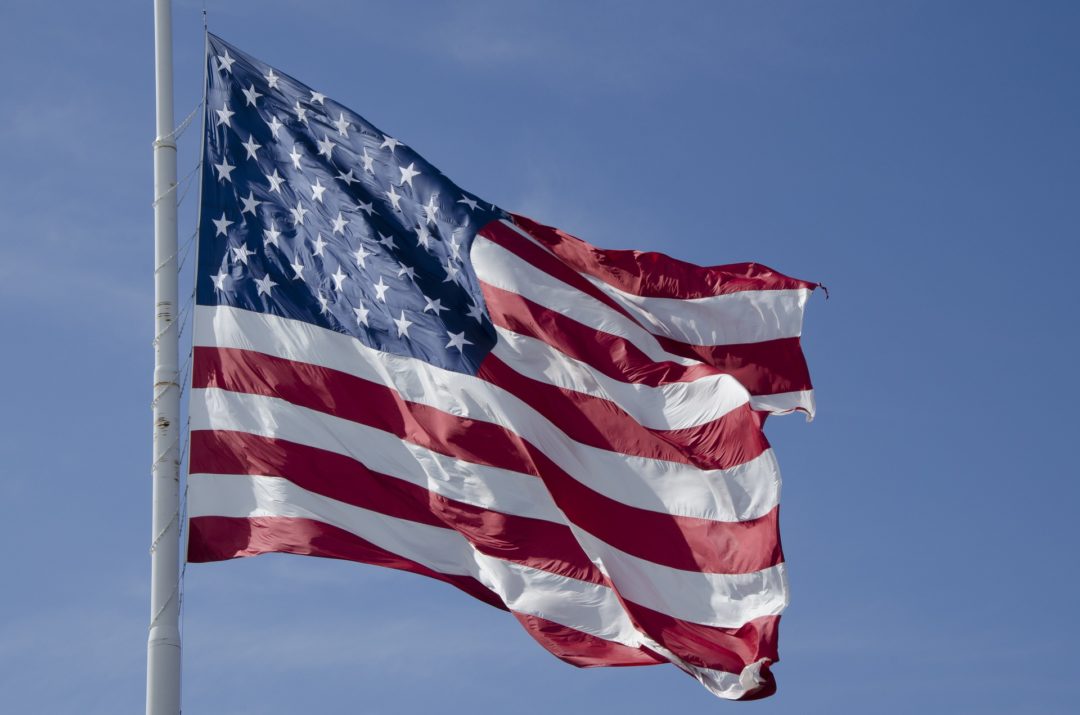Not too long ago, I quoted a snippet from a Joe Brancatelli article here.
As one bank executive told me recently, airline credit cards are at a tipping point because banks now pay upwards of two cents each to buy those miles. “That’s close to unprofitable for us and very close to the point where banks may walk away” from the frequent flier game.
My piece was about the general direction of the airline loyalty space in 2016, and not about credit cards per se. But they are a key part of the loyalty pie being that more miles are earned from cards than actually flying on airplanes. So let’s talk about rewards credit cards for a second. Yes, they still matter. If for no other reason than some attractive bonus miles from time to time, an airline rewards card should figure into your credit card plans. There are enough articles out there about which one to get and why. If you fly a particular airline, their rewards card may very well provide most of the benefits of low level elite status. The Citi AAdvantage Executive card is without a doubt, the best way to buy an Admirals Club membership for you and yours.

But Where Does a Store That Sells Lumber Fit Into This?
Good question. If you read the news this week, you may be aware that Home Depot filed an antitrust lawsuit against our friends Visa and MasterCard. Now, the genesis of all this goes back to the fees the card companies charge merchants. Home Depot elected not to take part in a class-action settlement a few years ago, and has now filed this suit. The interesting thing to me was an allegation regarding the rollout of chip cards in the American market. According to The Wall Street Journal ($),
“This time, the do-it-yourself retailer also contends that Visa and MasterCard colluded to prevent the adoption of new chip-based cards that require consumers to enter a personal identification number, or PIN, to authorize a transaction.
“Visa and MasterCard know perfectly well that a signature alone, without the additional step of requiring a PIN, provides virtually no protection against many types of payment card fraud,” Home Depot said in the lawsuit filed Monday in U.S. District Court for the northern district of Georgia.”
Personally, I much prefer prefer PIN-based authentication of credit card transactions, but this is not something I lay awake with concern about at night. It is what it is and we do things our own way here in Murica. I really wouldn’t be surprised to see us take the Australian path, which was Chip and Signature to start, and later rolling out Chip and PIN. Then again, maybe the banks really do think we’re too dumb to remember a PIN. But here’s what I found most interesting of all.
“The banks collect higher merchant fees for signature-based credit-card transactions than PIN-based ones.”
Things that make me go hmmm???? What if Home Depot is successful with its lawsuit? What if there are broader implications and merchant fees that the card companies collect are negatively impacted across the marketplace? Could this not in some way have implications for rewards cards? Those rewards programs have to get paid for somehow. Could a dispute between a lumber yard and credit card companies be bigger than any of us thought? I don’t know, but I couldn’t help but ponder the question on a quiet Saturday. What do you think?
-MJ, June 18, 2016











And given one recent experience at Target I saw, I can see the banks thinking we are “too dumb” to associate PINs with credit cards. I saw a man in front of me many repeatedly enter the wrong PIN on his Target card. Then he took the card out, looked at the PIN he WROTE on the back of the card, tried again, but it was still wrong!
I saw that line that “signature credit card transactions cost more than PIN”.
Without knowing the details of that line item, I would think the merchants have a right to sue if MC and Visa colluded to delay Chip and PIN given the pricing structure. But AFAIK BMO Harris and Citibank corporate cards are the only major issuers in the US that have primary Chip and PIN cards.
Apparently some issuers in Canada had problems with issuing PINs to Chip and PIN cards so early before merchants were ready that many people forgot their PINs and locked their cards out (which is what happens if you enter your PIN incorrectly too many times).
And the current process to customize and encode the PIN on a Chip is so convoluted, I would almost side with the banks on this one. I couldn’t even go to a Citi ATM and customize the PIN, even though the Citi ATM is now chip enabled.
It infuriates me that the banks and card processors have mostly refused to adopt chip and PIN. As noted in the article, signatures provide absolutely no security (and most of the time, I don’t even have to sign anyway).
I’m glad that my Barclays Aviator Card is PIN capable, or I would have been out of luck trying to buy train tickets from kiosks in Europe.
Annoys me too, William.
“Close to two cents per mile”?
Sorry, but I really have difficulty believing that the banks are paying that. Southwest and JetBlue both have fixed values for their miles that are less than 1.5 cents each. Are Chase and Barclays paying more than that?
There isn’t much in the way of cash back cards that really earn 2%, without some gimmick. The pure cash back cards commonly promoted earn 1.5%. Amex’s Everday Preferred and Chase’s Freedom Unlimited cards both earn 1.5 points each, which can be transferred to airline partners … and we’re supposed to believe that those banks are shelling out 3%?
Pure hogwash. There’s no way that banks are paying over .015 per airline mile.